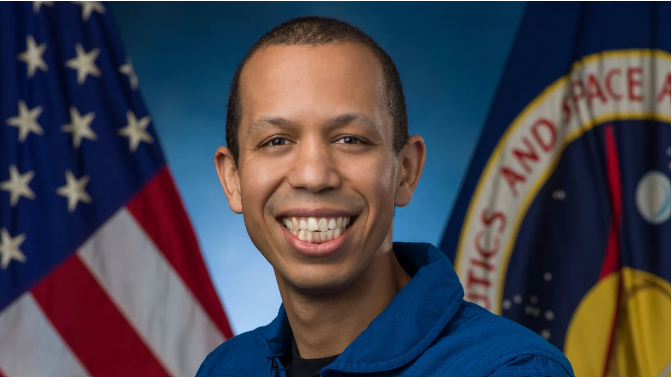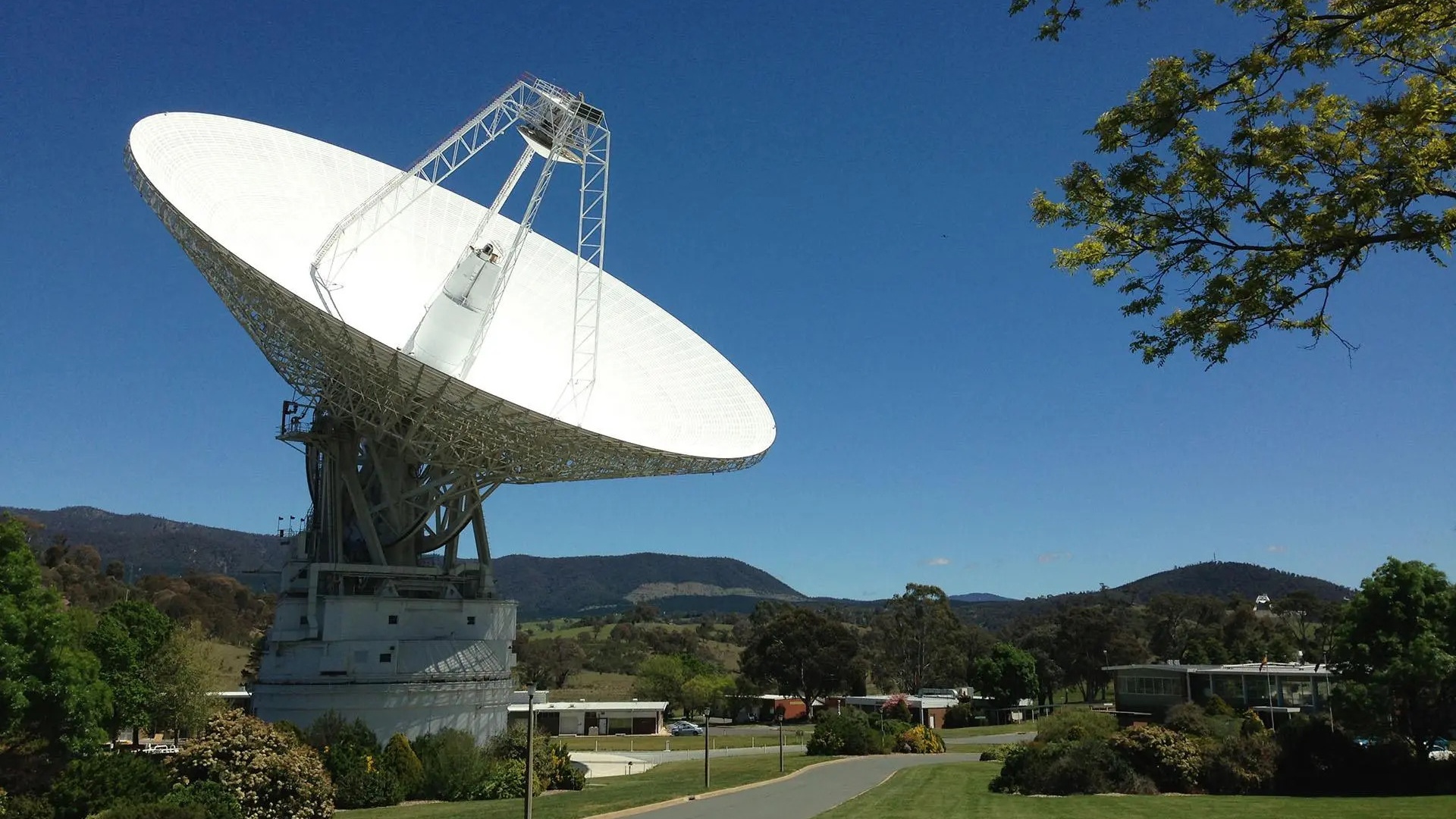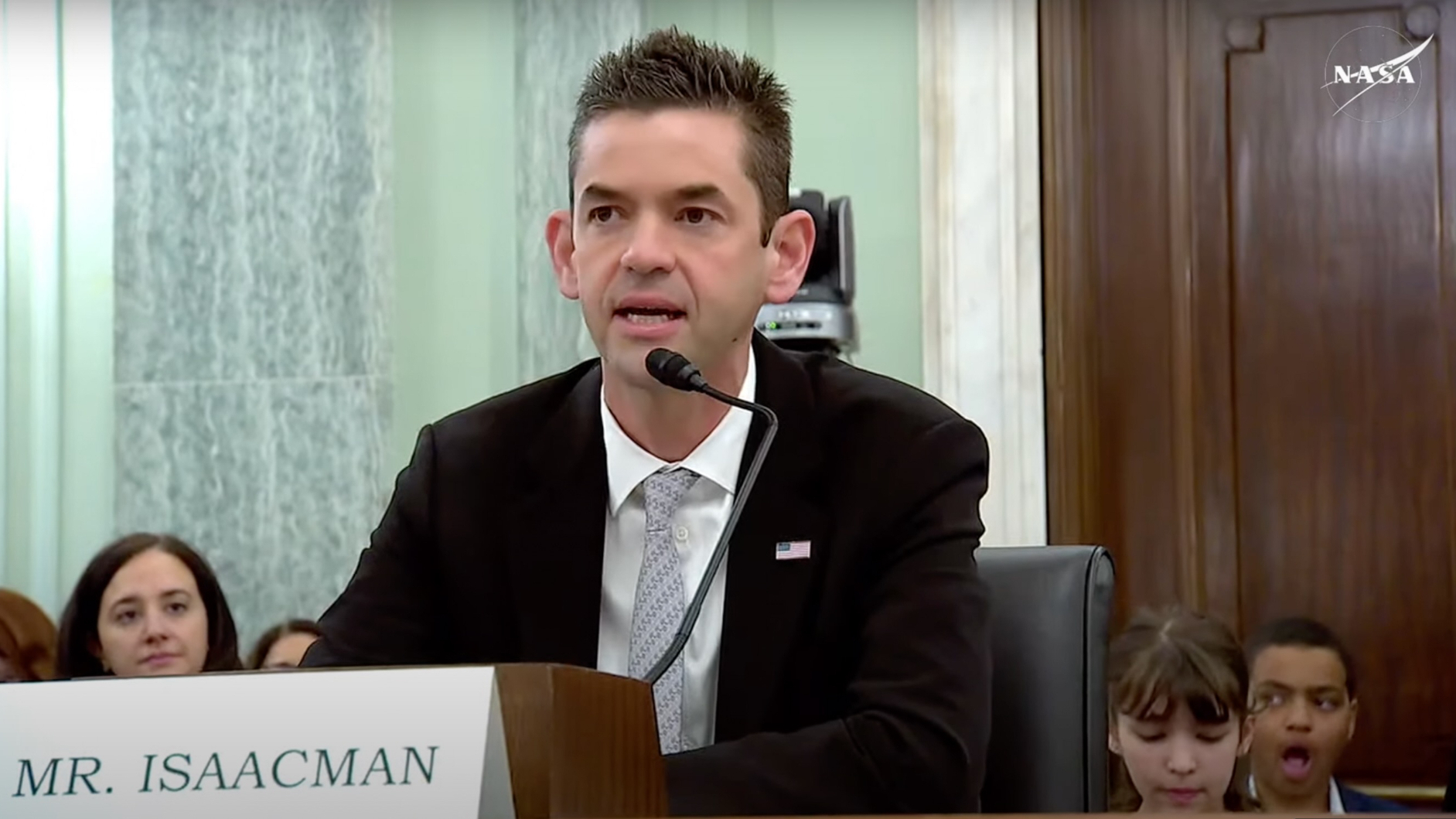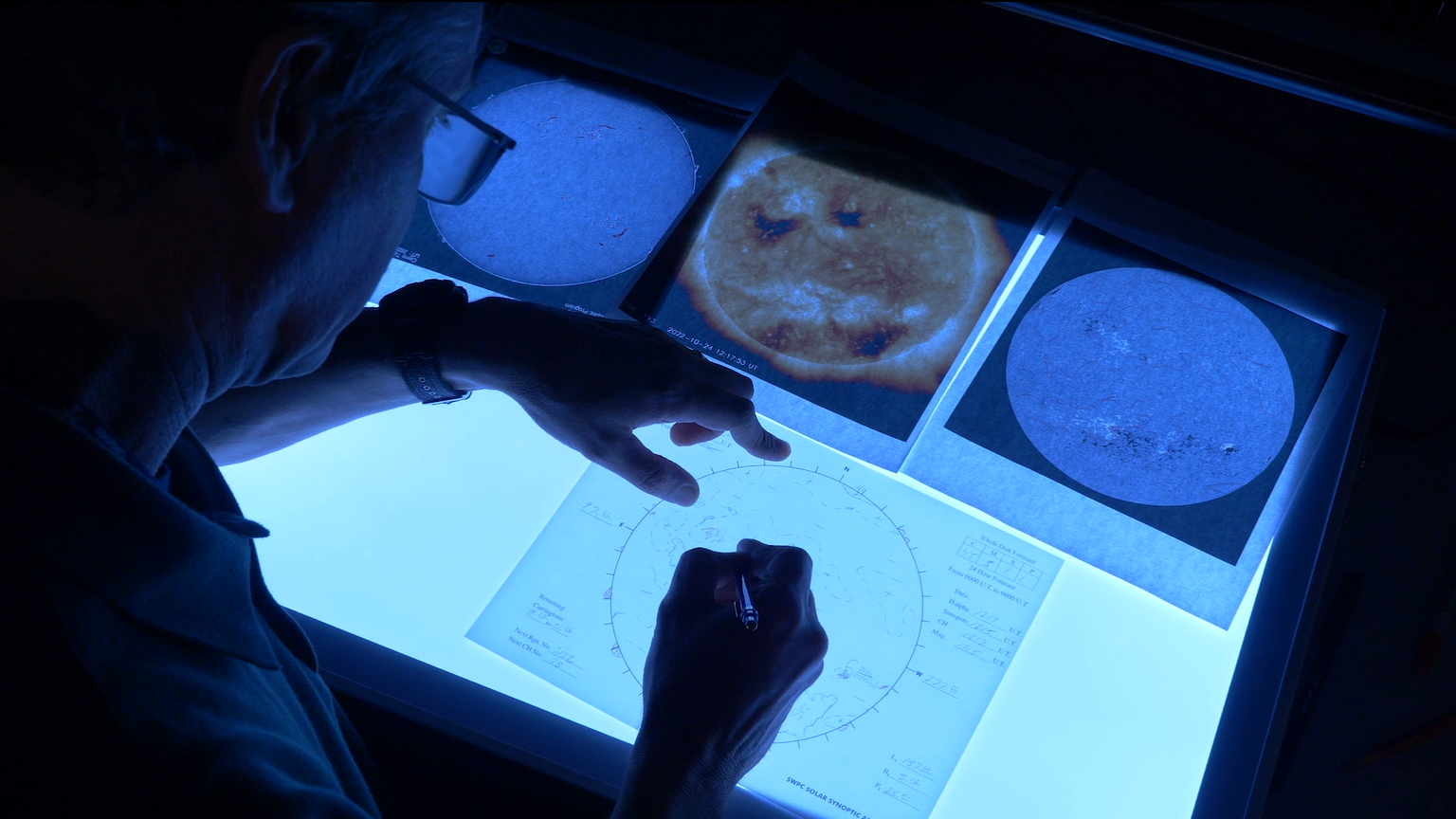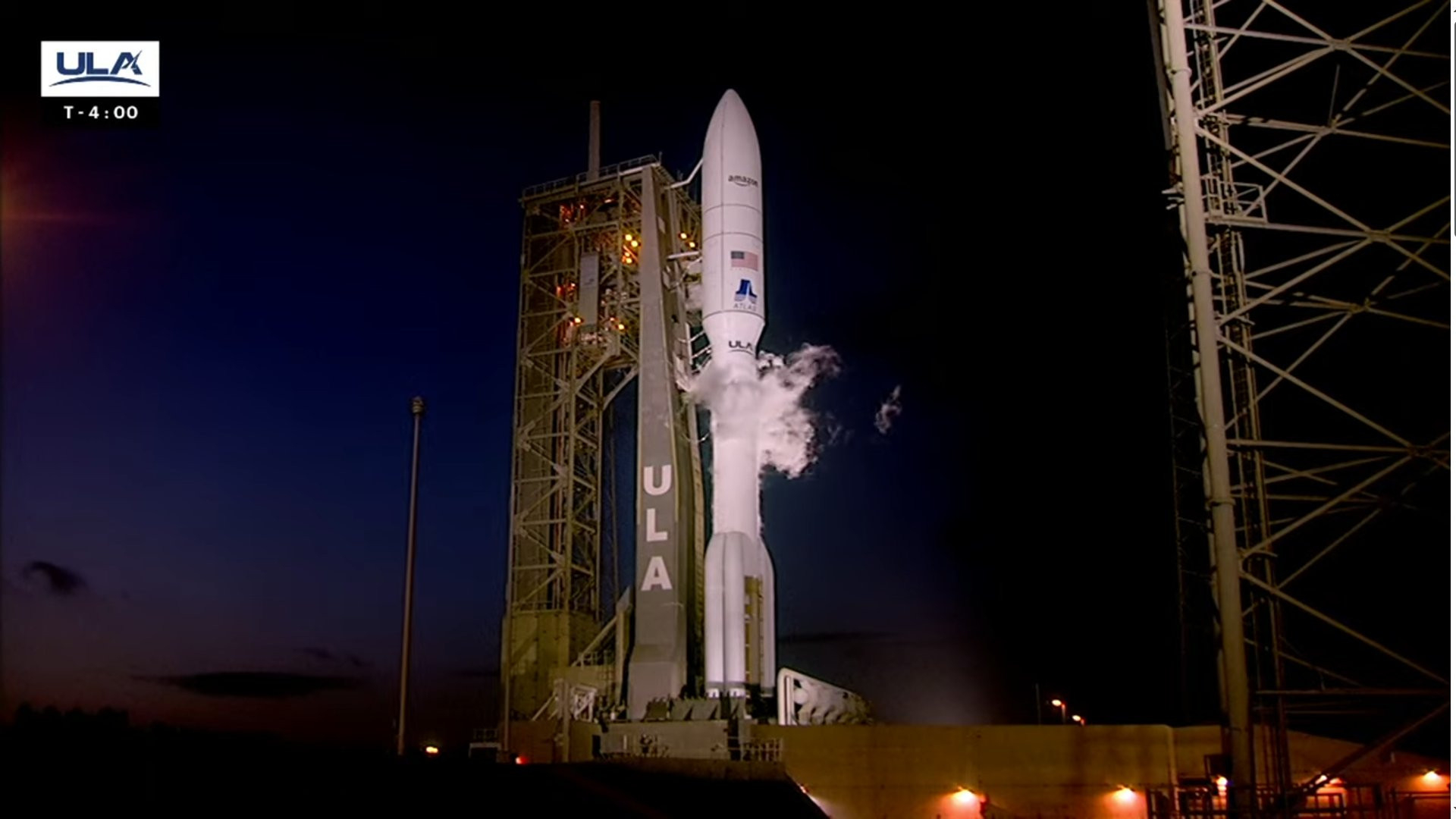
Why astronomy remains relevant today
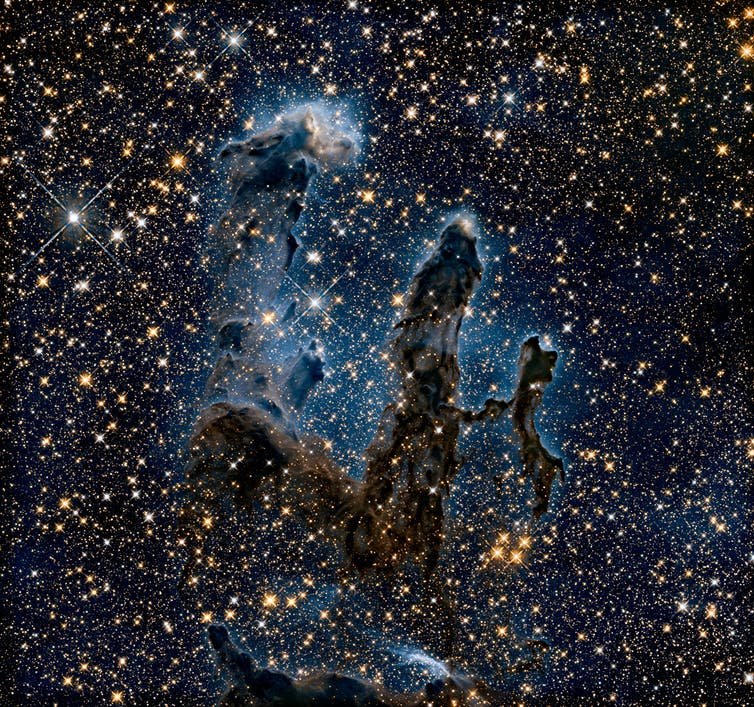
Paul M. Sutter is an astrophysicist at SUNY Stony Brook and the Flatiron Institute, host of Ask a Spaceman and Space Radio, and author of How to Die in Space.
I'll make this first point loud and clear: the purpose of science is not to make the world a materially better place.
Sure, advances in understanding the inner workings of nature have enabled world-changing technologies and medicines, from life-saving vaccines to the semiconductor. And many scientists actively strive to make the world better through their research.
But to get at the primary, and original, purpose of science, you have to look at what it used to be called: natural philosophy. Science is a branch of philosophy, one concerned with the workings of the world around us, and one that uses specific tools (like mathematics, reliance of empiricism and inductive reasoning) to further that understanding.
The ultimate goal of science is to understand nature. Full stop. That's it, that's the goal. Technology comes as a wonderful side benefit of that search, but that is not the primary driver.
Take quantum mechanics, for example. A century ago it was just the concern of some physicists interested in puzzling out the subatomic world, with no imminent larger purpose or application in mind. But today, our knowledge of quantum mechanics powers roughly 25% of the world's GDP.
Astronomy may not seem important because it doesn't seem to directly lead to any tangible technological benefit (we could debate this, but that’s another article), but that's like saying that art or dance aren't important because they don't lead to any tangible technological benefit.
Get the Space.com Newsletter
Breaking space news, the latest updates on rocket launches, skywatching events and more!
We do and support art and dance because they are expressions of our underlying humanity. And we support astronomy — along with all science in general — because it's an expression of our underlying human curiosity.
We support math, philosophy, history and science all for equally valid and powerful reasons.
The liberated human
Our generation is not the first to grapple with the importance of scientific thinking, or the role of astronomy. Back when agriculture got its start, astronomy was essential in helping people judge the timing of important calendar events like spring planting and fall harvest. Every culture throughout the world — and through time — has had some connection with astronomy.
The ancient Greeks, especially, placed astronomy on a pedestal, even dedicating one of their muses (the divine beings responsible for flashes of inspiration and insight) to astronomy and philosophy.
That tradition continued into the middle ages, and followed the development of the first universities about a thousand years ago.
Back then, if you were a promising young student with the skills (and connections) needed for a higher education, you would start out with a curriculum known as the trivium (Latin for "three ways" or "where the three roads meet") which included three things: grammar, logic, and rhetoric.
In essence, you would learn the mechanics of language, the mechanics of thought and the art of putting words and thought into influence and action.
Upon graduation, you could do many things, including going on to work as some royal scribe, or you could continue your studies and pursue another, advanced degree. At this next level, your curriculum would be centered on the quadrivium, or "four ways," which would include the subjects of arithmetic, geometry, music…and astronomy.
Astronomy was seen as the application of math in the world around us; a study of the harmonies, motions, patterns and rhythms in the natural order of the world. A proto-science, if you will.
Taken together, the trivium and quadrivium were seen as the seven subjects essential to make a truly independent, free-thinking, liberated person and, hence, were known as the liberating arts. Today we just call them the "liberal arts," but the meaning is the same: if you want to be free, you need to understand the universe in a certain way.
And that is what astronomy can provide: a way of looking at the universe that allows you to have the proper perspective. You can gain a sense of scale, a sense of motion and a sense of regularity in an otherwise chaotic and unpredictable universe.
Astronomy isn't just relevant, it's essential to freedom. The ancient Greeks understood it. Our medieval ancestors understood it. And we're growing tounderstand it too.
Learn more by listening to the episode "Astro101 Part 1 - Why bother with astronomy?" on the Ask A Spaceman podcast, available on iTunes and on the Web at http://www.askaspaceman.com. Thanks to Mitchell L. for the questions that led to this piece! Ask your own question on Twitter using #AskASpaceman or by following Paul @PaulMattSutter and facebook.com/PaulMattSutter.
Join our Space Forums to keep talking space on the latest missions, night sky and more! And if you have a news tip, correction or comment, let us know at: community@space.com.
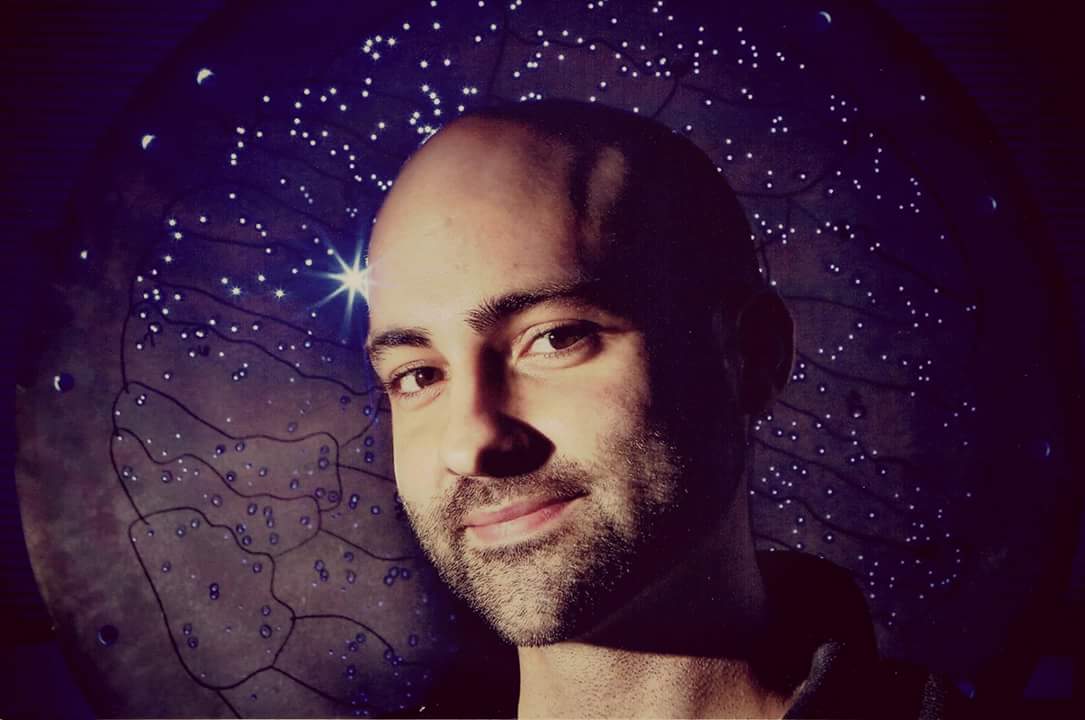
Paul M. Sutter is an astrophysicist at SUNY Stony Brook and the Flatiron Institute in New York City. Paul received his PhD in Physics from the University of Illinois at Urbana-Champaign in 2011, and spent three years at the Paris Institute of Astrophysics, followed by a research fellowship in Trieste, Italy, His research focuses on many diverse topics, from the emptiest regions of the universe to the earliest moments of the Big Bang to the hunt for the first stars. As an "Agent to the Stars," Paul has passionately engaged the public in science outreach for several years. He is the host of the popular "Ask a Spaceman!" podcast, author of "Your Place in the Universe" and "How to Die in Space" and he frequently appears on TV — including on The Weather Channel, for which he serves as Official Space Specialist.

